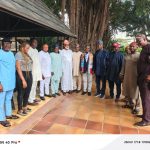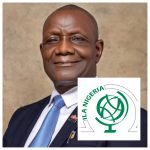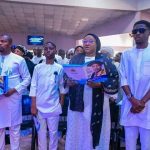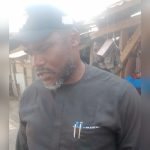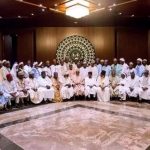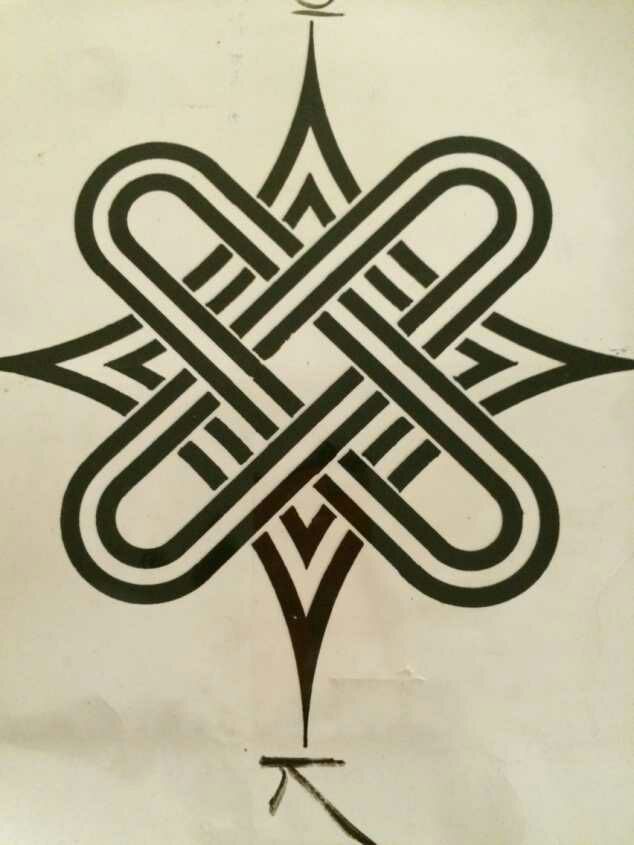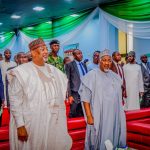Wike’s Controversial Remarks on Northern Nigeria: A Call for Reflection and Unity..
By Bala Salihu Dawakin kudu.
April 30, 2025
In a recent controversial outburst, Nyesom Wike, the Federal Capital Territory (FCT) Minister and former Governor of Rivers State, stirred intense backlash across the country, particularly from Northern Nigeria. Wike’s statements, which have been widely perceived as inflammatory and divisive, accused the people of Northern Nigeria of being “money mongers” who could be easily swayed by financial incentives. He further expressed disdain for President Bola Tinubu’s administration, asserting that Northerners, motivated solely by money, would sell their votes to the highest bidder in the upcoming 2027 presidential election.
Wike, in his speech, bluntly criticized the political behavior of Northerners, stating that they would be willing to accept as little as ₦2,000 in exchange for their vote in the 2027 presidential election. His accusations painted the people of Northern Nigeria in an unflattering light, claiming they were driven by greed rather than any higher principle or loyalty. Wike’s words have struck a nerve, as they perpetuate harmful stereotypes and demean the integrity of the Northern electorate.
The ex-governor went on to claim that President Tinubu had failed to perform well in Northern Nigeria and, therefore, he could not support the people of the region. According to Wike, the people of the North would continue to suffer under Tinubu’s leadership and that their votes could easily be bought. This sweeping generalization not only disparages the political maturity of Northerners but also ignores the complex factors that influence voter decisions across Nigeria’s diverse regions.
Perhaps the most shocking aspect of Wike’s statement was his assertion that Northerners—whether elders, youth, Fulani, or any other group—were “priced” at ₦2,000 for their votes. Wike’s comment implied that the entire Northern population, regardless of their social standing or political affiliation, could be swayed by a mere token of money. This dismissive attitude towards the people of Northern Nigeria is an insult to their intelligence and political awareness.
It is crucial to remember that Northern Nigeria, like any other region in the country, is made up of a diverse and politically conscious population. From the educated youth to the experienced political elites and revered elders, Northerners have historically demonstrated a deep engagement in the nation’s political processes. To reduce them to mere economic pawns who can be bought for a pittance is both condescending and insulting.
Wike’s statements are not just an attack on the people of Northern Nigeria but also a threat to the unity of the nation. Nigeria, with its intricate web of ethnic, religious, and regional dynamics, requires leaders who promote cohesion and inclusivity, rather than division. Remarks like Wike’s only serve to stoke existing regional tensions and fuel distrust between the North and other regions, particularly the South.
His public comments on the upcoming 2027 elections also raise serious concerns about his intentions. By accusing the North of being easily bought and insinuating that the region would once again “suffer” under President Tinubu, Wike appears to be undermining the legitimacy of Northern voters and their capacity for making independent political decisions. In essence, Wike’s rhetoric is not just an attack on the North—it is an attack on the democratic process itself.
One of the most perplexing aspects of this situation is the continued recognition and promotion of Wike within the ranks of the All Progressives Congress (APC). Despite his divisive statements and the potential harm they could cause to the APC’s prospects in the 2027 elections, Wike has been given a prominent position within the party. This raises an important question: Why is the APC tolerating, and even elevating, a figure who makes such inflammatory remarks about a significant portion of the Nigerian electorate?
If the APC is serious about retaining its political dominance in the upcoming 2027 elections, it must address the damage caused by Wike’s statements. Ignoring this issue could cost the party dearly, as it risks alienating the Northern voters—who represent a substantial portion of the electorate. Furthermore, the party’s failure to distance itself from Wike’s divisive rhetoric may be seen as an endorsement of his views, which could have long-term consequences for APC’s standing in the North.
Wike’s statements should serve as a wake-up call for the people of Northern Nigeria. It is time for Northerners to stand firm and reject the notion that they are political pawns to be bought and sold. They must demonstrate that they will not be swayed by petty financial incentives, but will instead vote based on principles, policies, and the best interests of their communities and the nation as a whole.
As we approach the 2027 elections, Northerners have the power to shape the political landscape and chart their own course. They should not allow themselves to be reduced to mere commodities in the political marketplace. Instead, they must uphold the dignity of their vote and resist any efforts to exploit their political influence.
In conclusion, the statements made by Nyesom Wike about the people of Northern Nigeria are not only misguided but also dangerous. They threaten to deepen divisions in a nation that already struggles with regional and ethnic tensions. It is essential for all Nigerian leaders to engage in responsible and respectful discourse, particularly as the country prepares for the critical 2027 elections. Politicians must focus on unity, equity, and progress rather than resorting to divisive tactics that undermine the fabric of the nation.
Northern Nigeria deserves respect, dignity, and political empowerment. Its people are not for sale, and their votes should never be reduced to a mere monetary transaction. As for the APC, it must reflect on the consequences of endorsing figures who seek to diminish the political integrity of one of Nigeria’s most vital regions.
The 2027 election will be a defining moment for Nigeria. It is time for all Nigerians, regardless of region, to come together and decide the future of their country with unity, strength, and purpose.
